Our mission also includes recognizing the many wonderful chefs and home cooks who dedicate themselves to creating delicious meals for their families or acclaimed restaurants worldwide.
We treasure any contributions you would like to make to our blog, or if you have a family recipe you'd like to share with our community, please reach out at [email protected]. You are amazing, and so should your tasty cooking!
For now, love yourself and enjoy this one ...
Many of us today do not have a garden, but we do have a balcony or a windowsill in the kitchen. You can bring the joy of gardening to your home by growing herbs on a balcony or windowsill. We at Jekka's believe that there is no greater reward than watching your plants grow and observing the pollinators.
There are also numerous benefits to gardening, including physical, mental, and emotional ones. These have all been extensively documented. Jekka is convinced that everyone feels better when they get their hands into the soil.
You can have a bounty of fresh herbs at your fingertips with a bit of care and planning. This blog will explore Jekka’s 10 essential tips for successfully growing herbs in these small spaces.
This blog is a continuation of Jekka's earlier blogs, such as
- Jekka’s tips for balcony herb gardeners contains Jekka’s favourite plants and a balcony garden plan
- Jekka gives her advice on how to grow herbs in containers, and shares the top 10 herbs she grows.
- Jekka’s guide to indoor herb gardens
Jekka’s best tip is to know the needs of your herb. It is important to grow your herbs in the same conditions as they were originally grown. While herbs come from around the globe, the majority of culinary herbs that we use today are from the Mediterranean region and the Middle East. They grow best in full sun and with a compost rich in organic matter, which is well-drained and moisture-retentive.
Want to grow your own herbs? Check Jekka’s Grow At Home Herb Kits that includes Jekka’s Whichford Pottery Gardeners' Gift Box
Jekka’s Whichford Pottery Gardeners Gift Box
Jekka shares 10 essential tips for creating the perfect balcony or kitchen window garden
Jekka's 10 essential tips to create the perfect balcony or kitchen window garden include:
- Select the right herb:Selecting herbs that are suitable for your space is essential to a successful plant growth. Jekka says to only grow herbs that you'll use. Don't waste space with herbs you might not use. Consider popular herbs such as parsley, coriander and wild rocket. These herbs are versatile and will add a freshness to any dish. These herbs are equally at home in a raised bed, a garden or potted on a window sill.
- Assess Lighting Conditions: Herbs need ample sunlight to thrive. Assess the lighting conditions on your balcony or window sill before you start your herb garden. The majority of herbs require at least six hours of sun each day. The best windows to use are those facing east or west, as south-facing windows can be too hot in the summer. Consider using artificial grow light to supplement natural sunlight if your space is not receiving enough.
- Choose the Right Containers Selecting suitable containers is essential for successful herb gardening. Select containers with drainage holes that are large enough to prevent root rot and waterlogging. Containers with a minimum diameter of 6-8 inches will allow for ample root space. Consider using vertical planters or hanging baskets to maximize your space.
Containers from raised beds (left), Terracota pots on stands in the center, and a WoodBlocX Planter (right).
- Proper drainage of the roots is essential:When growing in pots, it's important to ensure proper drainage. This will prevent soil becoming waterlogged and the root system rotting. Check that your containers or pots have enough drainage holes on the bottom. Add some broken pots or stones to the bottom to prevent the drainage hole from becoming blocked. It prevents water pooling at the roots and promotes healthier plants. Allowing excess water to drain will promote healthy roots. Jekka recommends placing potted herbs onto a tray in order to prevent your worktops from becoming dirty.
- Use Potting Mix: The engine of the plant is compost. Herbs need a nutrient-rich, well-draining soil. Invest in high-quality potting mixes that are peat-free and specifically designed for container gardening. Avoid using garden dirt, which can be heavy and not provide adequate drainage. Good potting mixes will retain moisture and allow excess water to drain. Add horticultural gritty to your compost for drainage.
- Use caution when watering:The main thing to remember is not to overwater. You can always add more water, but you cannot take it out. Herbs in containers require constant moisture but overwatering is detrimental. We water the herbs at the herb farm in the morning, before lunch. This prevents a soggy bottom. Water thoroughly to promote deep root growth, but do not leave the roots in standing water. It is essential to water herbs indoors as excess moisture can cause mildew and a fungal disease. Jekka recommends the smaller Haws Watering Cans.
- Feed regularly: While herbs do not need a lot to live, they can't just survive on love and water. Little nourishment goes a long way. For healthy herb growth, regular feeding is crucial. Jekka recommends a high quality potting compost which is free of peat and rich in natural food for your plants. Fresh compost contains enough food for six weeks. Jekka recommends "Feeding On Fridays" throughout the growing season using an liquid organic seaweed fertilizer. Please follow the instructions on the label for correct dosage. Over-fertilizing can cause weak growth and inferior herbs.
- Protect your indoor and balcony gardens from pests with Watch out for pests that attack herbs, such as aphids or whiteflies. You can treat any infestations using organic pesticides or insecticidal products to prevent compromising the health and flavor of your herbs. Jekka recommends using SB Invigorator.
- Prune to promote growth: Pruning is essential for bushier growth, and for preventing legginess. Pinching off the tips from the top to the growing node, where new leaves are sprouting, is especially important for herbs in the Lamiaceae, such as basil, oregano, and mint. Pruning your herbs will encourage them to grow, bush out, and produce a larger harvest. It also keeps the herbs compact, which is good for small spaces. Use your snippings to make salads, sandwiches or stir-fry dishes. Browse our selection of " for the Garden " to see Jekka's snips, tools and more.
- Harvest your herbs:Finally, harvest your plants regularly to encourage growth and prolong their lifespan. Remember to harvest your plants with precision and care. Harvest to a growing node, similar to pruning. This will encourage further growth. Jekka advises against harvesting more than one third of the herb at once as it can cause stress to the herb. Harvesting correctly will ensure that you have a constant supply of aromatic, fresh herbs all through the growing season.
It is easy and rewarding to grow herbs on your balcony or window sill. This will add fresh flavors to all of your dishes. Follow Jekka's 10 essential tips to create a flourishing herb garden even in the smallest of spaces. Enjoy the aroma and taste of fresh herbs all year long. Happy herb gardening!
Jekka’s terracotta planters with Greek Basil (left), Nasturtium Emperor Of India (center), and a selection herbs (right).
Do you want to know more about?
We have put together Jekka’s Herb Kits if you are looking for pots and compost. These include a complete Jekka’s Grow At Home Herb Kit as well as a Jekka’s Grow At Home Veg Kit that contains everything you need to begin a small kitchen herb garden.
You can find more information about growing herbs from seed in Jekka's blog sowing herbs, sowing winter culinary herbs, or on our Jekkapedia page for each herb. You can also read Jekka's blog on Growing herbs in containers or Growing on your herbs. These are helpful follow-up blogs after your herbs have grown.
Jekka’s " Grow Herbs " videos includes Jekka’s video on how you can sow herb seeds to provide an informative step by step guide for seed sowing.
Check out the 'Jekka Seasonal Tips' series of blogs for advice on how to grow and maintain herbs. It includes information about what you can do in your herb gardens in the early spring, late summer, autumn and winter. Together, they are the foundation of Jekka’s guide on How to Grow Herbs.
You can order herb plants and arrange a collection at our herb farm located in South Gloucestershire, or you can attend one of our open days (see our event calendar). You can check our Look Good List to see what's available. Use our webform, or send us your list ([email protected]). There is no longer a mail order service available for our plants. However, we offer a limited number of Jekka’s Culinary Herb Boxes.
By: Alistair McVicarTitle: Jekka’s 10 essential tips to create the perfect kitchen garden
Sourced From: www.jekkas.com/blogs/jekkas-blog/jekkas-10-essential-tips-to-create-the-perfect-kitchen-windowsill-or-balcony-garden
Published Date: Fri, 21 Jul 2023 12:24:06 +0000
Frequently Asked Questions
What herb heals all wounds?
The answer to this question varies depending on the type and severity of the wound.
The herb comfrey (also known as knitbone) has long been used for its healing properties, particularly for skin injuries such as cuts and bruises.
Studies suggest that comfrey contains allantoin, which helps speed up healing. Other herbs commonly used for healing wounds include calendula, plantain, and yarrow. These herbs help to reduce inflammation, stop bleeding and speed up the skin's healing process.
In addition to herbs, honey has also been found to have powerful antimicrobial properties that can help prevent wound infection.
Herbs for wound care is an age-old practice that continues to be used today. However, herbs should not replace medical treatment, and always consult your doctor before using herbs for healing. With the right herbs, you can give your body the support it needs to heal naturally.
What are the disadvantages of using herbs?
Herbs are a great way to keep your body healthy because they contain vitamins, minerals, antioxidants, enzymes, amino acids, phytonutrients, polyphenols, flavonoids, terpenes, essential oils, carotenoids, sterols, and sterolins. Some even contain cannabinoids.
But there are also lots of side effects associated with herbal remedies. For example, taking too much herb could cause liver damage or even death. Herbal supplements may interact with prescription drugs, which means that they might affect how well the drug works.
Some herbs can interfere with blood clotting, while others may increase bleeding when taken with anticoagulants (blood thinners).
There are also safety concerns for pregnant women and children.
The bottom line is that herbs aren't safe for everyone. If you're considering trying them out, do your homework. Look up each product's side effects and warnings and read reviews online.
Is eating raw basil good for you?
I'm sure everyone knows that fresh herbs are great for cooking but did you know that you could eat them too? Raw, uncooked herbs are packed full of nutrients and vitamins that we normally have to cook.
They contain more antioxidants than any fruit or vegetable. And they also help our immune systems stay strong and healthy.
The best way to enjoy these delicious little green gems is to eat them raw from the garden. But there's nothing wrong with enjoying them cooked, either. They taste even better when sautéed in olive oil and served alongside pasta or rice.
There are lots of ways to incorporate raw herbs into recipes. Add them to salads, soups, sandwiches, wraps, omelets, stir-fries, and pesto.
Just make sure you wash them well first!
What is the difference between herbs and spices?
Herbs are used for cooking, and spices are used for seasoning.
Herbs have more intense flavors and can be used to cook dishes, while spices can bring out the flavor of foods without altering the taste.
Spices can also be added to food during preparation, such as curry. Spices may be bought individually, or whole packages may be purchased. There are many spices, including black pepper, cayenne pepper, cinnamon, cloves, coriander, garlic, ginger, nutmeg, oregano, paprika, parsley, rosemary, sage, salt, thyme, turmeric, vanilla extract, etc.
The best way to ensure that you are selecting the right spice for your dish is to read the label carefully. If there is an ingredient list, look for "spice" among the ingredients. A common mistake cooks make is buying too much of a particular spice because they do not realize how little they need.
There are a few basic rules to follow when choosing which herb or spice to use. For example, most herbs are fresh, whereas spices tend to last longer. Also, herbs are generally found in small quantities, while spices come in larger containers. Finally, most herbs are usually sold loose (or ground), while spices are packaged in jars or cans.
As long as you are careful to select the correct herbs or spices, you will find that adding them to recipes makes preparing meals easier. After all, spices add flavor to various dishes, while herbs can help improve the appearance and aroma of food.
How do you make medicinal herbs?
There are many different methods to make herbs into medicinal products. The most common method is to dry the herbs in a warm, dark location before grinding them into a powder or extracting their essential oils. This can be accomplished by hanging herbs upside down in bunches, laying herbs on a drying screen, or using a food dehydrator.
Once dried and ground, herbs can be stored in airtight containers for future use. Other herbs may require special preparation, such as infusing herbs into oil or vinegar, making tinctures with alcohol, or distilling herbs to create essential oils.
Learning the correct techniques for preparing herbs can help ensure that they retain their medicinal properties and potency for optimal health benefits. Using fresh herbs is usually best, but herbs can also be grown in a pot or garden and harvested when they are mature. Herbs can be purchased at health food stores, online retailers, and specialty shops.
No matter where herbs come from, the preparation techniques remain the same; drying herbs in a warm location followed by grinding or extracting the essential oils. You can make your medicinal herbs with the right herbs and preparation techniques.
When making herbal preparations, it is essential to remember that herbs can vary in potency, so always dilute herbs before use or follow the directions on any product label. Additionally, herbs are best used fresh, as many of their beneficial components degrade over time.
Following safety guidelines and paying attention to the potency of herbs can help ensure that you get the most benefit from your herbs. With a bit of practice and preparation, anyone can make therapeutic herbs with medicinal properties. Remember that herbs should never replace any medical advice or treatments prescribed by a doctor. Always consult a licensed healthcare professional before using herbs medicinally.
What are the side effects of basil?
Basil is an herb that originated in tropical regions of India, Africa, China, Indonesia, Malaysia, Thailand, Philippines, Mexico, Puerto Rico, Jamaica, Costa Rica, Panama, Colombia, Venezuela, Brazil, Peru, Ecuador, Bolivia, Paraguay, Uruguay, Argentina, and Chile.
The plant is easy to grow in most climates and requires little maintenance. Basil also thrives in poor soil conditions and is very drought tolerant.
As for the health benefits, more than 200 known compounds are found in basil, including flavonoids, phenolic acids, lignans, polysaccharides, essential oils, vitamins, and minerals.
According to the University of Maryland Medical Center, basil contains powerful anti-inflammatory properties which may help relieve symptoms associated with arthritis, asthma, allergies, bronchitis, cancer, cardiovascular disease, diabetes, digestive disorders, depression, eczema, insomnia, infections, migraines, osteoporosis, psoriasis, respiratory problems, stress, and ulcers.
Basil is also a culinary spice and is often added to tomato sauces, soups, salads, pasta dishes, rice dishes, dips, casseroles, pizza toppings, pesto, chicken wings, and popcorn.
However, like all herbs, basil should be consumed in moderation. Too much of anything is not good for you. For example, eating large amounts of basil could lead to stomach upset. And if you have sensitive tummies, avoid consuming basil during pregnancy.
If you are pregnant or nursing, consult your doctor before taking herbal supplements.
You should only take one type of supplement at a time. If you take other medications, make sure they do not interact with each other.
You should never use herbs while on medication unless directed by your doctor.
Some people experience allergic reactions when using herbs, especially those allergic to ragweed. Symptoms include hives, swelling around the mouth or eyes, shortness of breath, chest tightness, nausea, vomiting, diarrhea, headaches, dizziness, fainting, heart palpitations, blurred vision, loss of consciousness, seizures, or even death.
Some people who take certain medications may develop an allergy to basil. These drugs include:
- Antacids (like Alka Seltzer)
- Anti-anxiety medicines (Valium, Xanax, Ativan, etc.)
- Beta-blockers (like Propranolol)
- Blood thinners (like Coumadin)
- Calcium channel blockers (like Amlodipine)
- Cholesterol-lowering drugs (like Lipitor, Zocor, Mevacor, and Pravachol)
- Diabetes medicine (like Glucophage)
- Diuretics (like Lasix)
- Heartburn medicines (like Prilosec OTC)
- Hormone therapy (like Premarin, Tamoxifen, Femara)
- Insulin (like Humalog, Lantus, Novolin R)
- NSAIDs (like Aleve, Motrin, Advil, Excedrin, Tylenol, Ibuprofen)
- Oral contraceptives (like Ortho Evra, Yasmin, Loestrin, Ovrette, Yaz, and Seasonale)
- Pain relievers (like Aspirin, Celebrex, Vicodin, Percodan, Darvocet, Dilaudid, Fiorinal, Tylenol 3s, Naproxen, Motrin, Tramadol, Ultram, Voltaren
What herb is best for healing?
Herbs are a fantastic way to help heal our bodies. Herbal medicine has been used since ancient times and continues to grow today. There are thousands of herbs known to cure various ailments.
Some herbs are excellent for treating colds and flu, while others can treat anxiety, depression, arthritis, cancer, diabetes, heart disease, and more.
There are also herbal remedies for skin care, hair loss, weight loss, sexual health, energy, sleep, digestion, and much more.
The list goes on and on. But one herb stands above them all regarding its ability to heal. That herb is called aloe vera.
Aloe Vera is considered to be the world's most powerful healer. For centuries it has helped people heal themselves naturally without any side effects.
It's incredible how well aloe vera works. It's even better than prescription drugs and surgery.
In addition to its natural healing properties, aloe vera is highly versatile and can be used in almost any area of life, including food, beauty products, and household cleaning supplies.
You may not realize this, but aloe vera contains hundreds of active compounds, which include vitamins A, C, E, B1, B2, B3, B6, folic acid, calcium, magnesium, iron, zinc, copper, sulfur, manganese, phosphorus, potassium, sodium, chloride, fluoride, iodine, selenium and more.
These nutrients are essential for human body functions such as cell growth, metabolism, immune system support, healthy bones and teeth, healthy blood pressure levels, healthy eyesight, healthy cardiovascular systems, healthy digestive systems, healthy lungs, healthy nervous system, healthy reproductive organs, healthy skin, and healthy libido.
Statistics
- Herbs are among the most popular and widely used medicinal remedies. According to a survey conducted by the National Institutes of Health, herbs were used by over 38% of adults in the United States.
- The global herbs market is expected to reach more than $125 billion by the end of 2025.
External Links
[TAG30]
[TAG33]
[TAG35]
[TAG37]
How To
What to look for in herbs?
Herbs contain natural compounds that may help treat various conditions. In addition, herbal remedies may provide relief when used along with conventional treatments.
Herbal remedies include teas, capsules, tablets, ointments, creams, lotions, oils, and topical applications. Some of these products are meant to be taken internally, while others are applied externally.
The most common uses of herbal remedies include relieving minor aches and pains, treating cold symptoms, reducing fever, controlling coughs and sore throats, easing digestion problems, soothing skin irritations, alleviating menstrual cramps, and providing general health benefits.
When buying herbs, look for the following:
- Freshly picked plants. Avoid dried herbs unless they've been stored in a cool place. If possible, buy herbs directly from farmers' markets.
- Pure extracts. These are made by extracting the active ingredients from herbs using alcohol or water. Look for 100% pure extractions.
- Certified organic herbs. Organic herbs must meet strict standards set forth by the USDA.
- Natural flavors. Many herbs have strong scents that can overwhelm other foods. Adding flavorings such as vanilla, almond, or orange helps mask their smell.
- Potency. The amount of active ingredient per unit weight varies depending on the type of herb.
- Packaging. When purchasing herbs, check the packaging to ensure that it's clean and free of chemicals.
Resources:
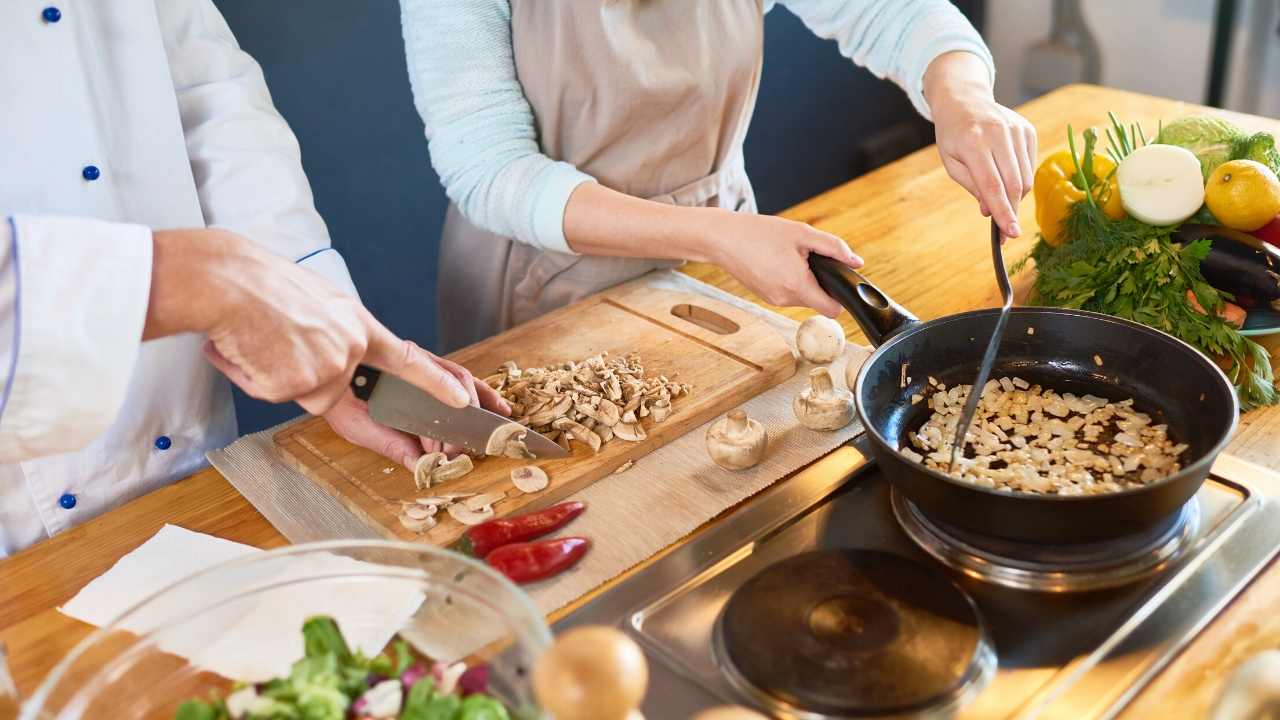 |
[TAG39]In this video we are starting out seedlings for our winter growing in the Tower Garden and we're taking you along for the journey! We'll show you just how easy |
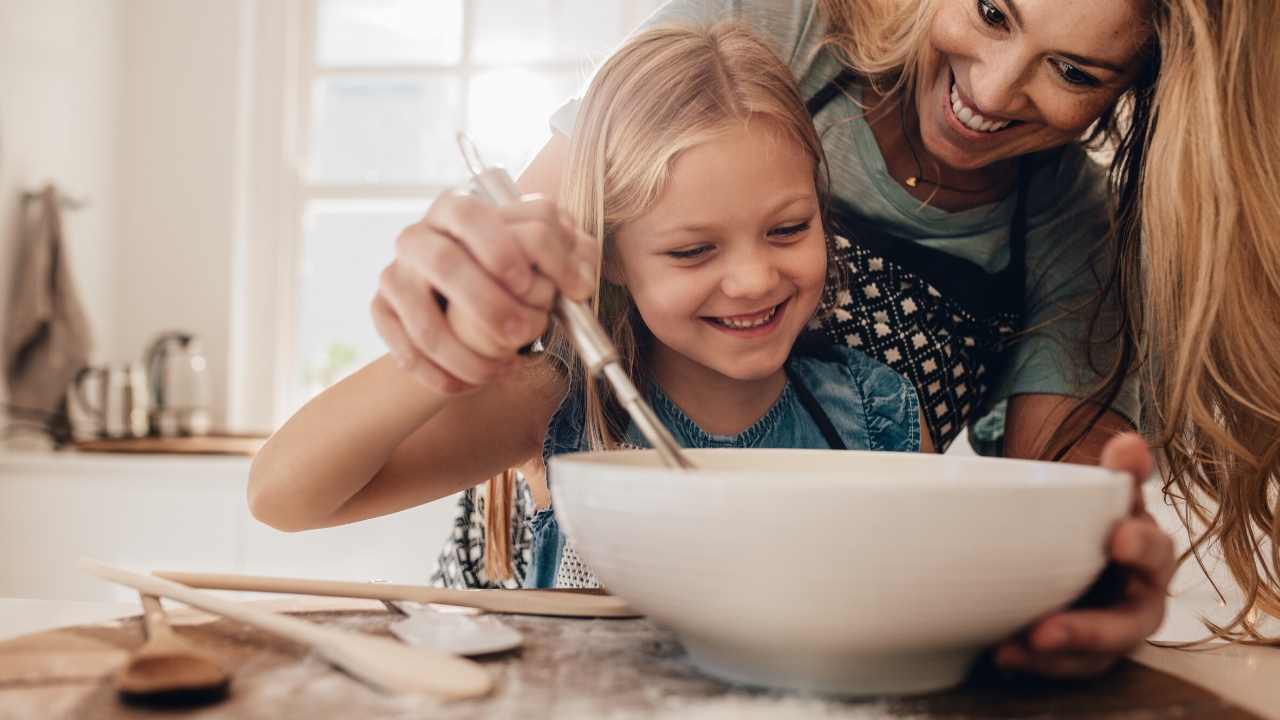 |
[TAG40]Hope you enjoyed this video and thank you for your support. Don’t forget to like, share and subscribe. PLEASE FOLLOW ME IN FACEBOOK https://www.facebook |
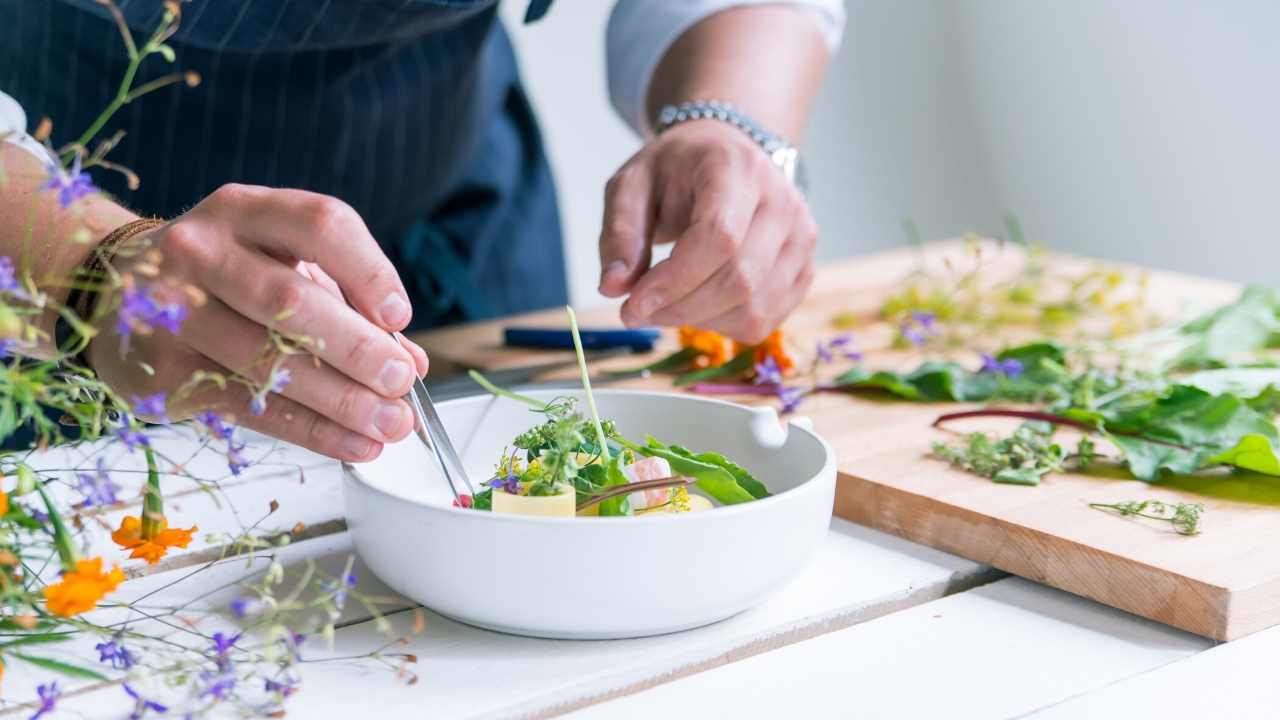 |
[TAG41]Who was the Marble Looking Man? Paul Sinclair shares his accounts of unusual and strange happenings in an around East and North Yorkshire. We now have |
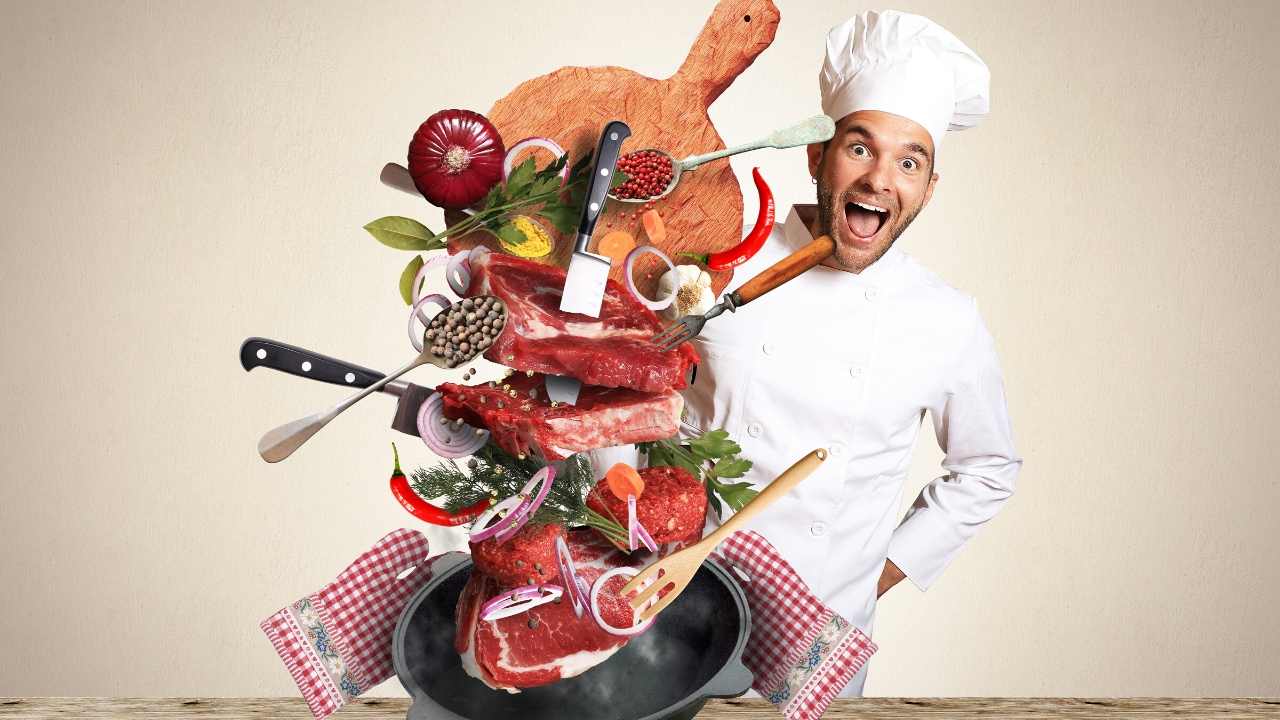 |
[TAG42]COFFEE MOANING the PODCAST ON APPLE PODCASTS: https://podcasts.apple.com/gb/podcast/coffee-moaning/id1689250679 ON SPOTIFY: |
 |
[TAG43]Are you eating healthy bread? If so, this video is a must-watch before you take another bite of those seemingly innocent slices. Bread might be a staple, but |
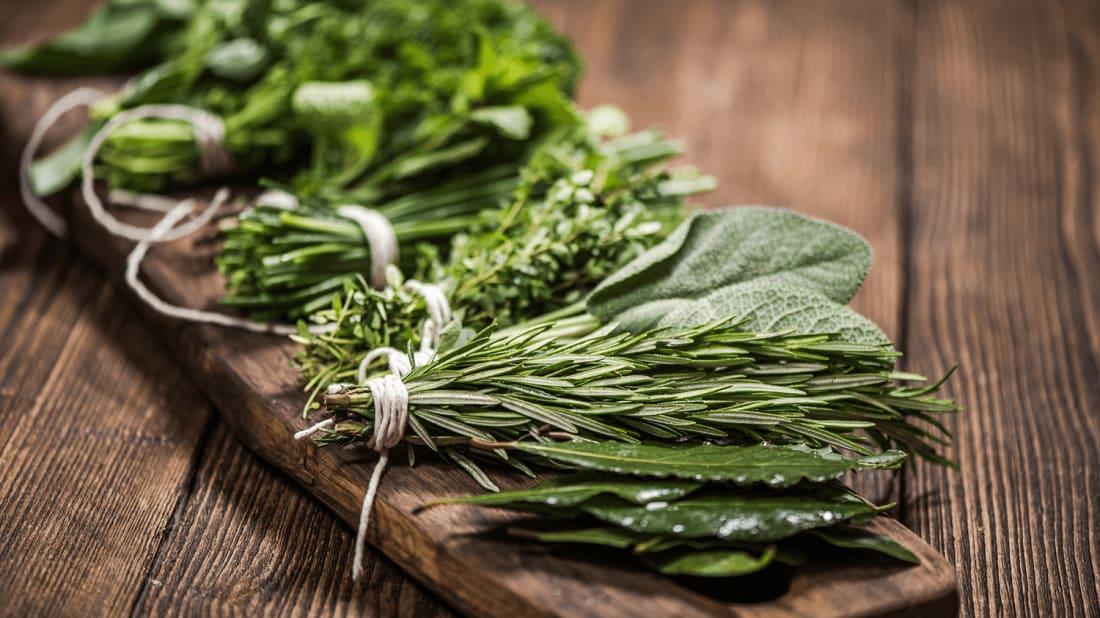 |
[TAG44]Learn herbs from respected professional herbalists offering world-class herbalist training. The NEW Professional Herbalist Course includes courses on over 600 |
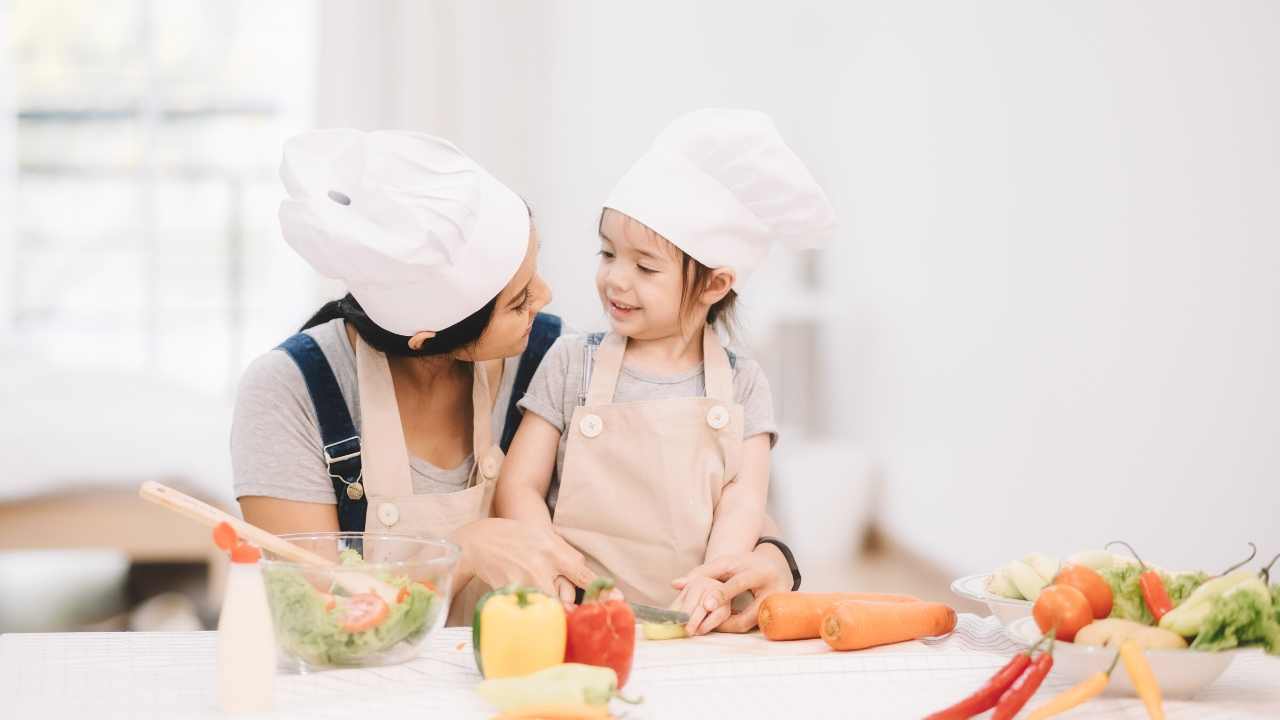 |
[TAG45]Patrick Bet-David, Adam Sosnick, Tom Ellsworth and Vincent Oshana discuss Bill Maher's appearance on Roseanne Barr's podcast where he denies knowing MK Ultra, |
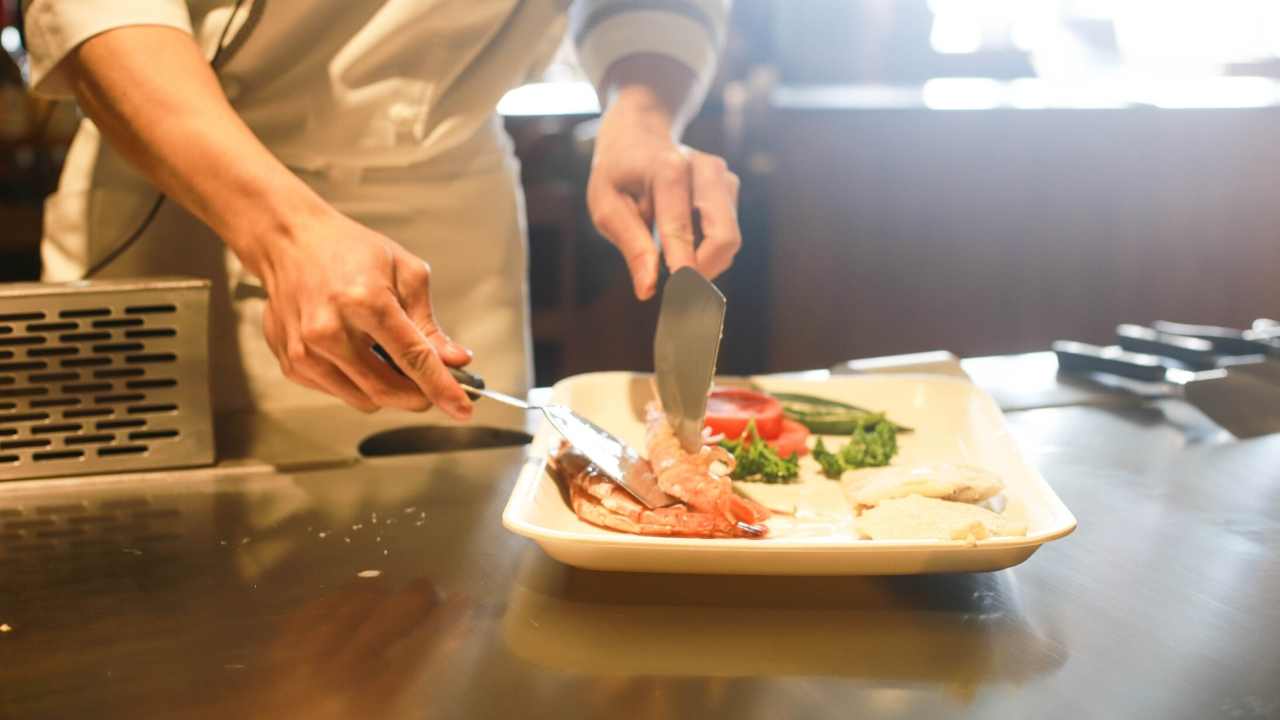 |
[TAG46]Use Code THOMAS25 for 25% off Your First Order from SEED: https://www.seed.com/thomasyt Obesity Pandemic - Willpower vs Genes vs Environment This video |
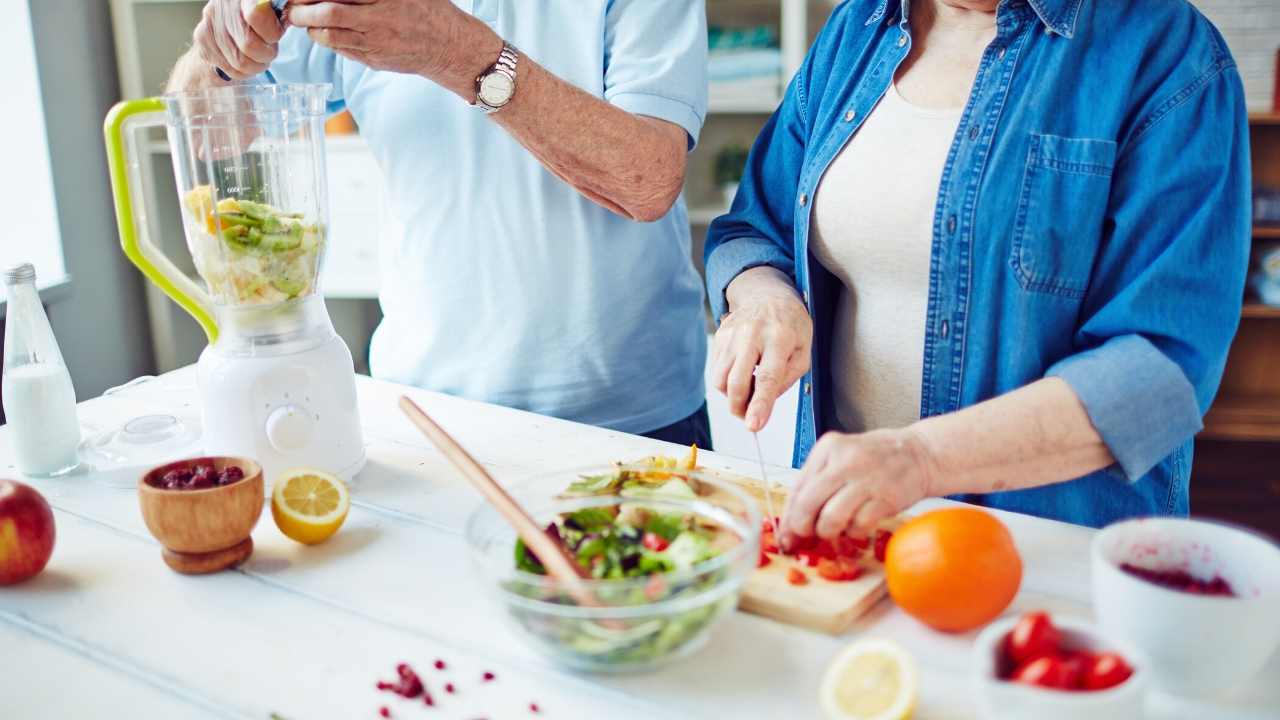 |
[TAG47]Harvesting self-grown vegetables - bursting with emotions when the old lady handed over the red book Thank you for watching my video. Wishing you good health, |
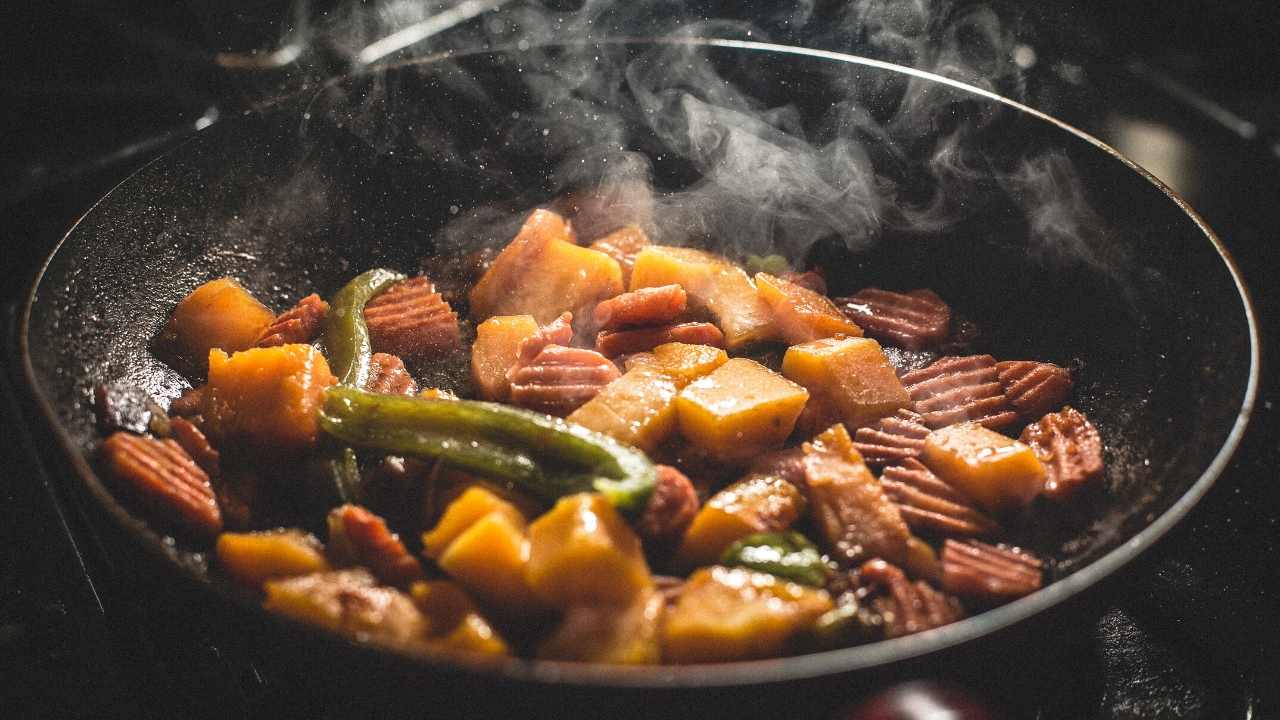 |
[TAG48]In This Video I'm Gonna Show You How To Find And Farm All 7 Herbs In Terraria! Enjoy ! :) #terraria #guide #tutorial |
 |
[TAG49]Former President Trump in recent remarks is now working to portray President Biden as a threat to democracy, saying Biden 'is the destroyer of American |
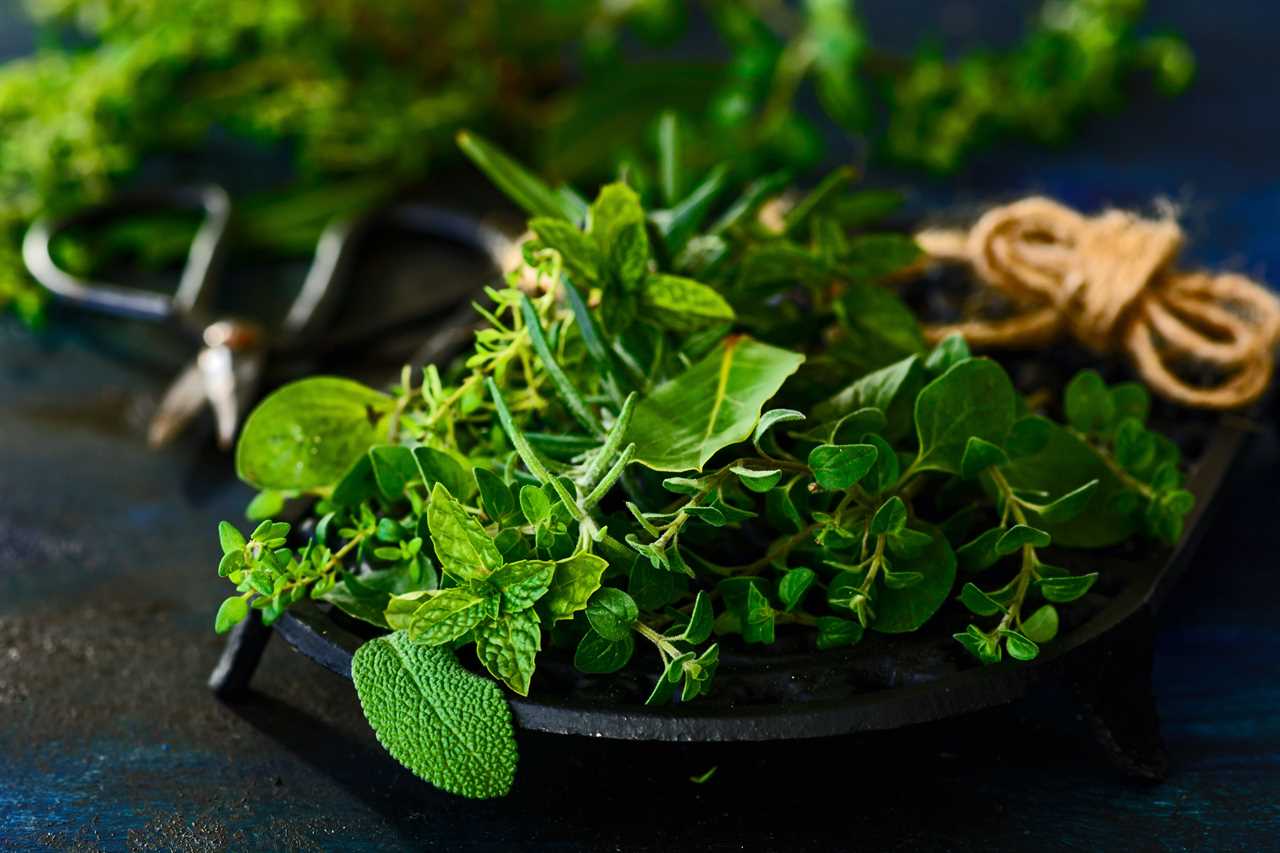 |
[TAG50]Find out more about herbs and how to use them |
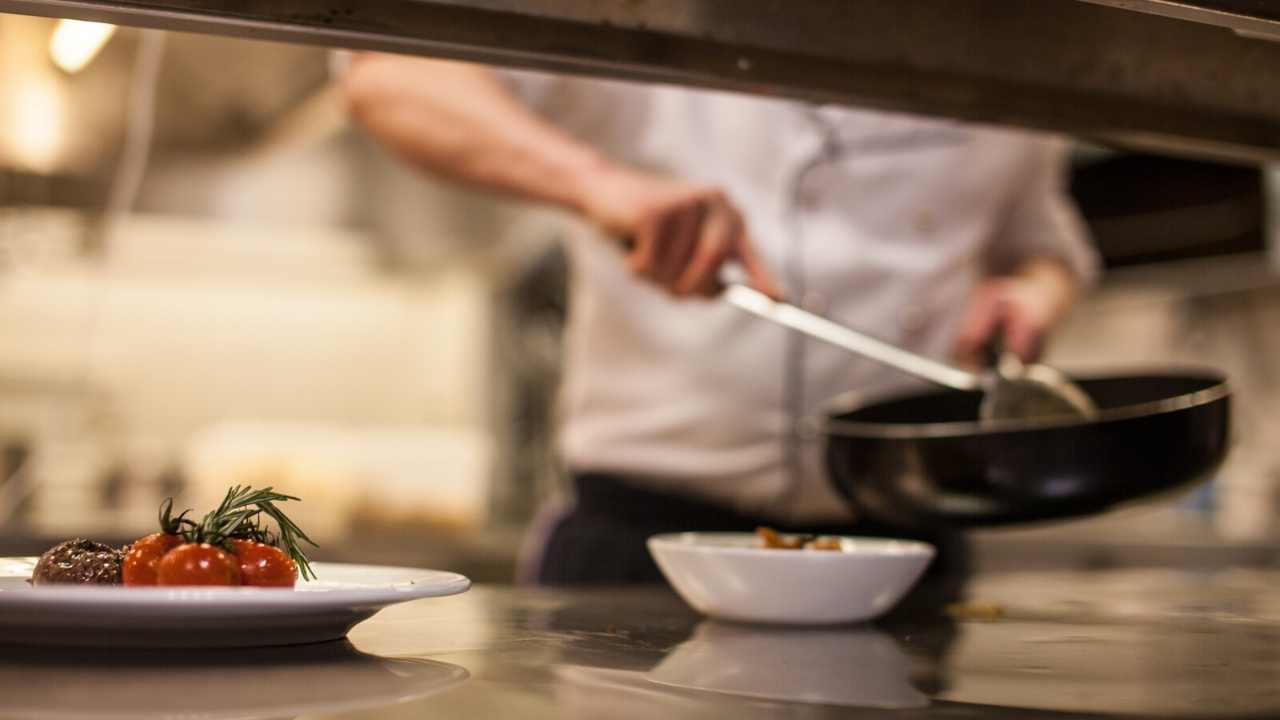 |
[TAG51]Read about our list of the best citrus bergamot supplements and how they may help to reduce cholesterol levels, balance blood sugar levels, and more. |
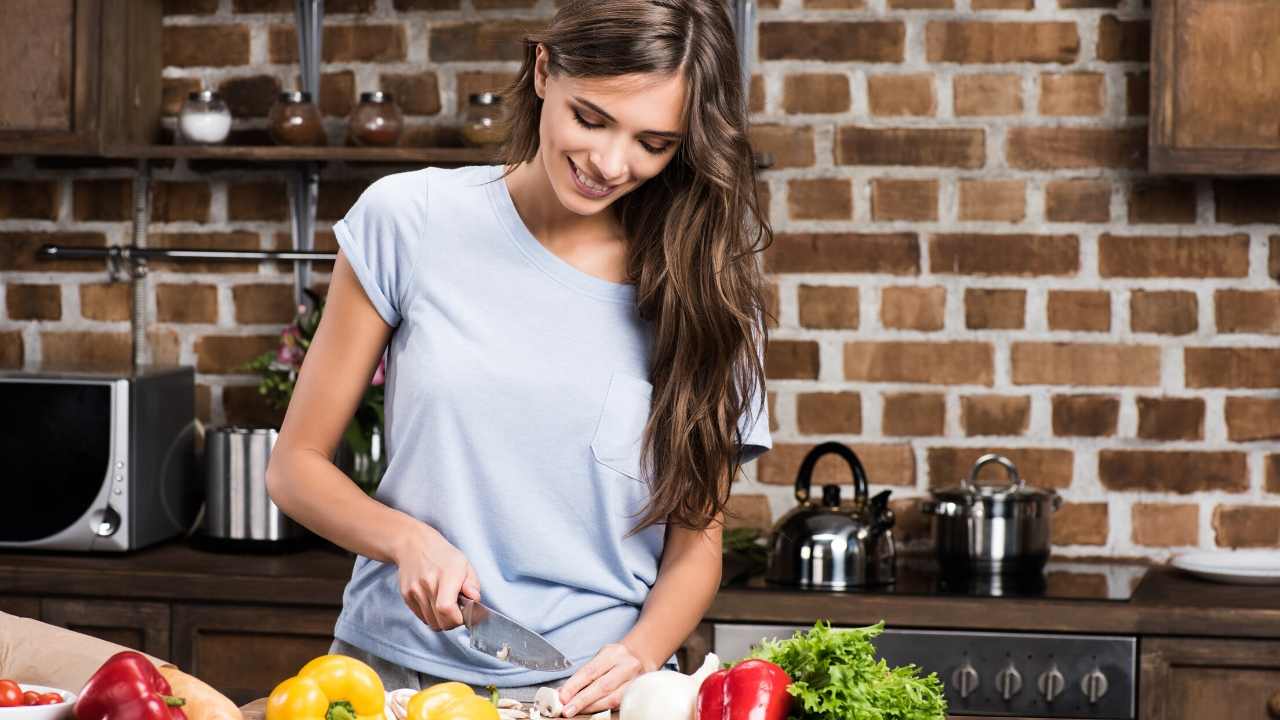 |
[TAG52]SPONSORED CONTENT When it comes to finding the best herb suppliers, there are many different places you can shop. However, ... Read more |
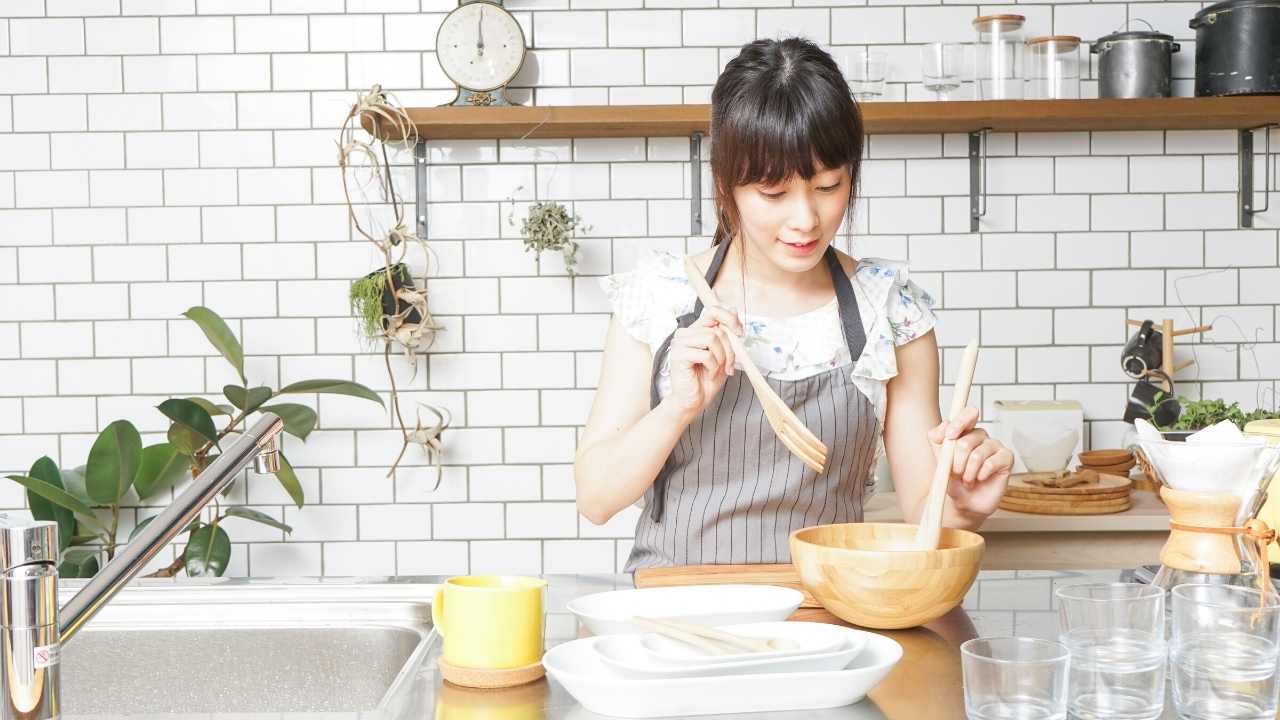 |
[TAG53]Black seed oil is a popular herbal supplement used to improve blood sugar, support heart health, reduce inflammation, enhance brain ... Read more |
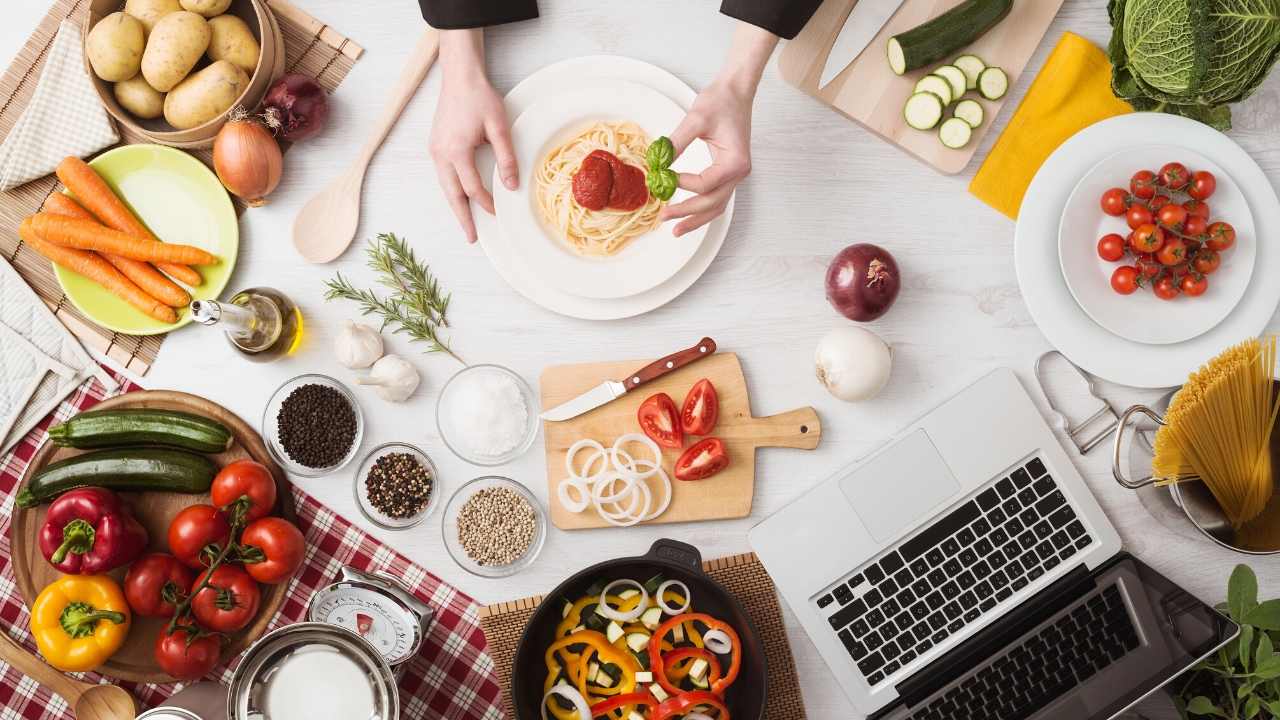 |
[TAG54]Join me in this new episode as I’m sharing five medicinal benefits of hops, as well as an interesting way for you to work with hops in a hops oil recipe. |
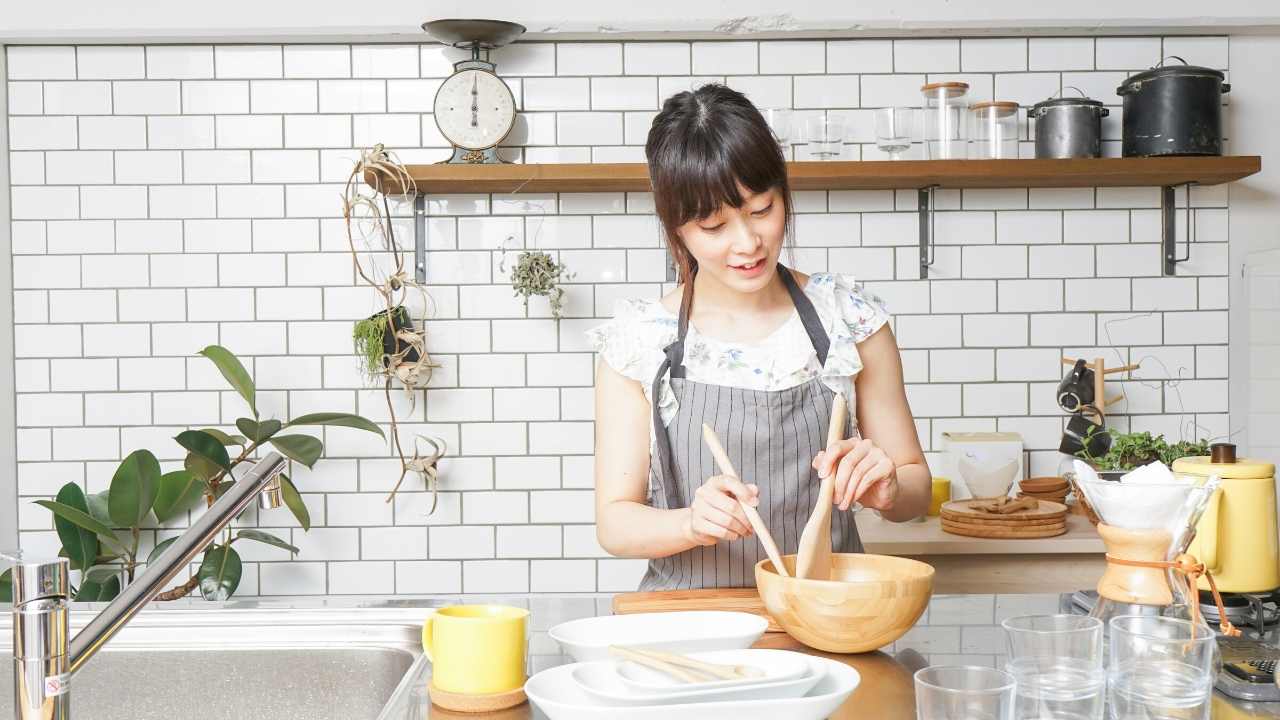 |
[TAG55]In this episode, I’m sharing five steps to take so that when you do commit to a particular course of study, you’ll know you’ve chosen the very best one for YOU. |
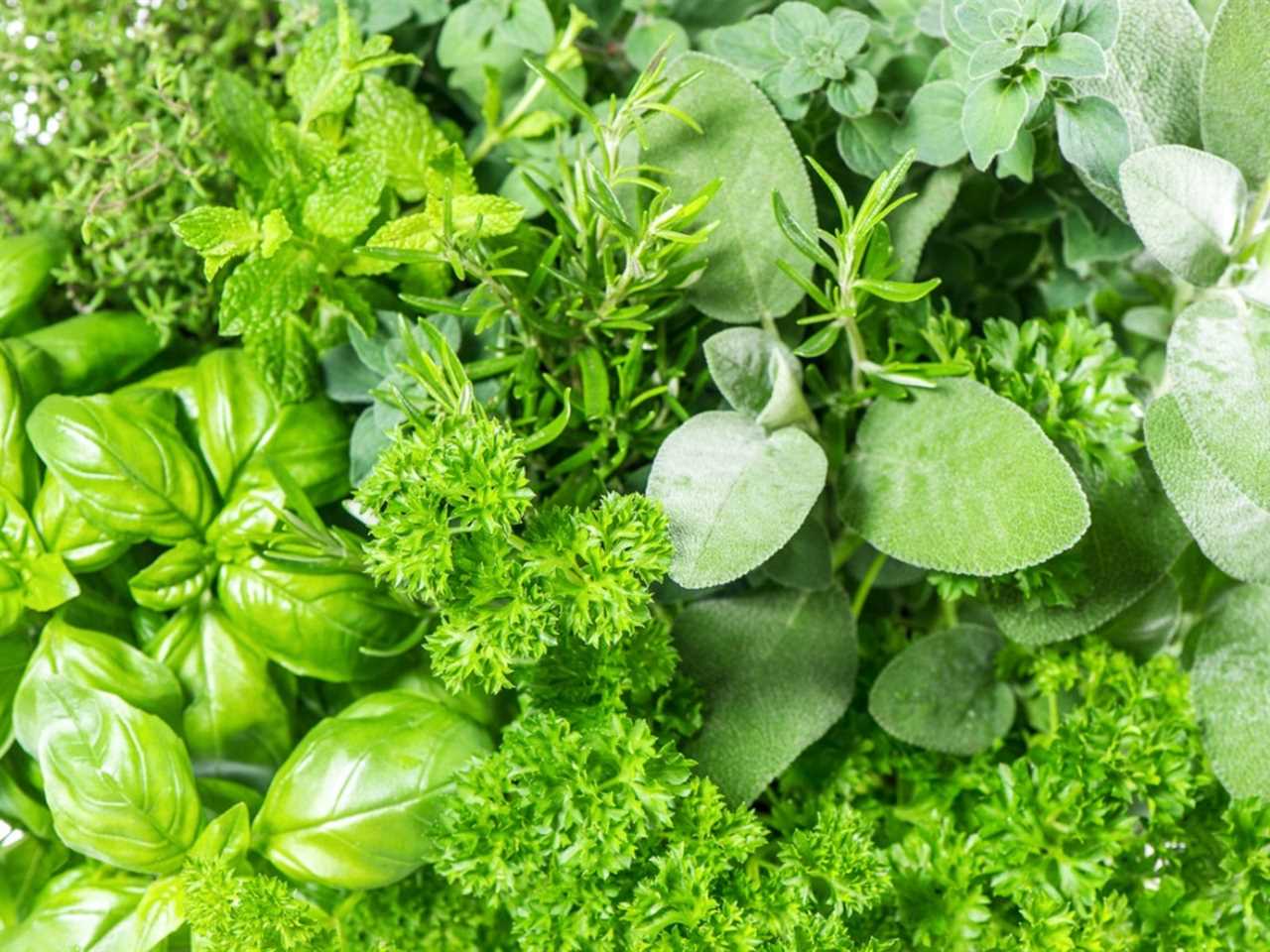 |
[TAG56]Like life, tea is what you make of it and The Cup of Life helps individuals enjoy tea in more than one way. Join me on my tea adventures through my blog! |
 |
[TAG57]Weight loss can be a great way to manage your overall health, especially if you want to reduce your risk ... Read more |
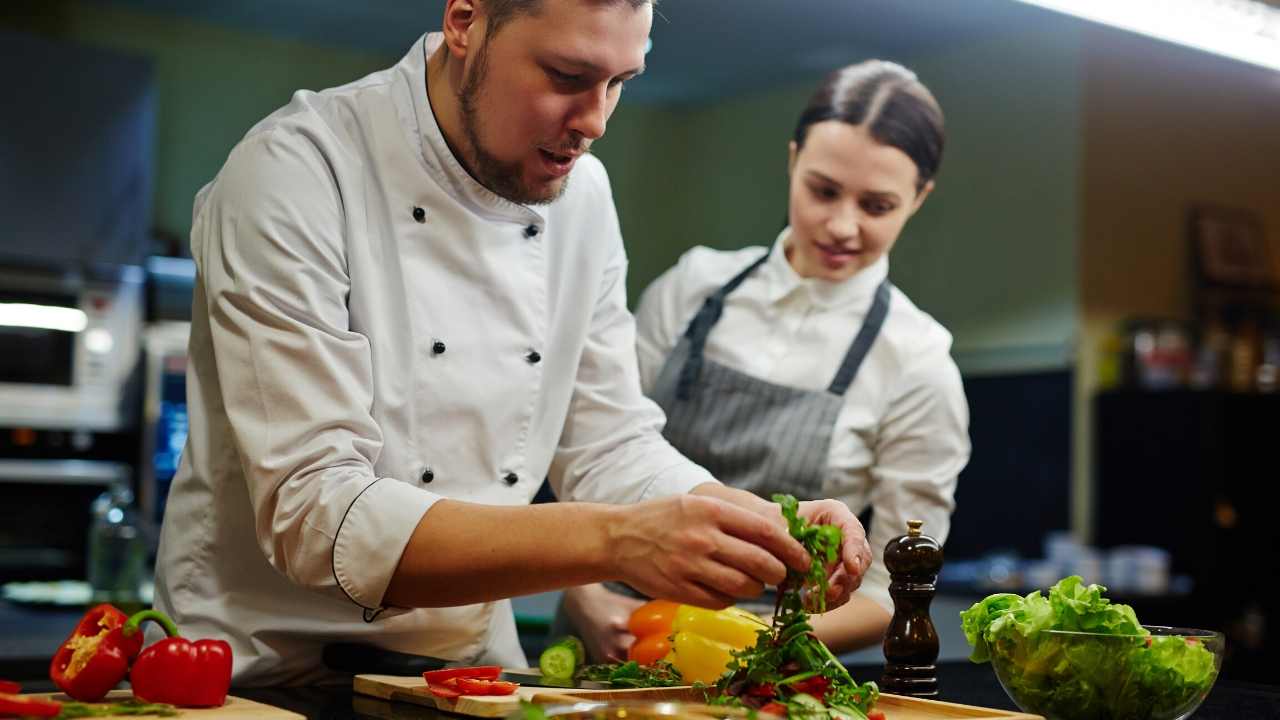 |
[TAG58]Have you ever wondered how to become an herbalist? Herbalism is the art and science of using herbs for health. ... Read more |
 |
[TAG59]In this episode, you’ll learn all about holy basil benefits for your heart, immune system, brain health and so much more. And don't miss my new ebook! |
 |
[TAG60]The gifts of bee balm include promoting digestion, helping you recover from colds and the flu, fighting fungal and yeast infections… and many more! |
 |
[TAG61]Find out how to make a marshmallow root tea recipe for the best marshmallow root benefits and experience one of our most healing and soothing medicinal herbs! |
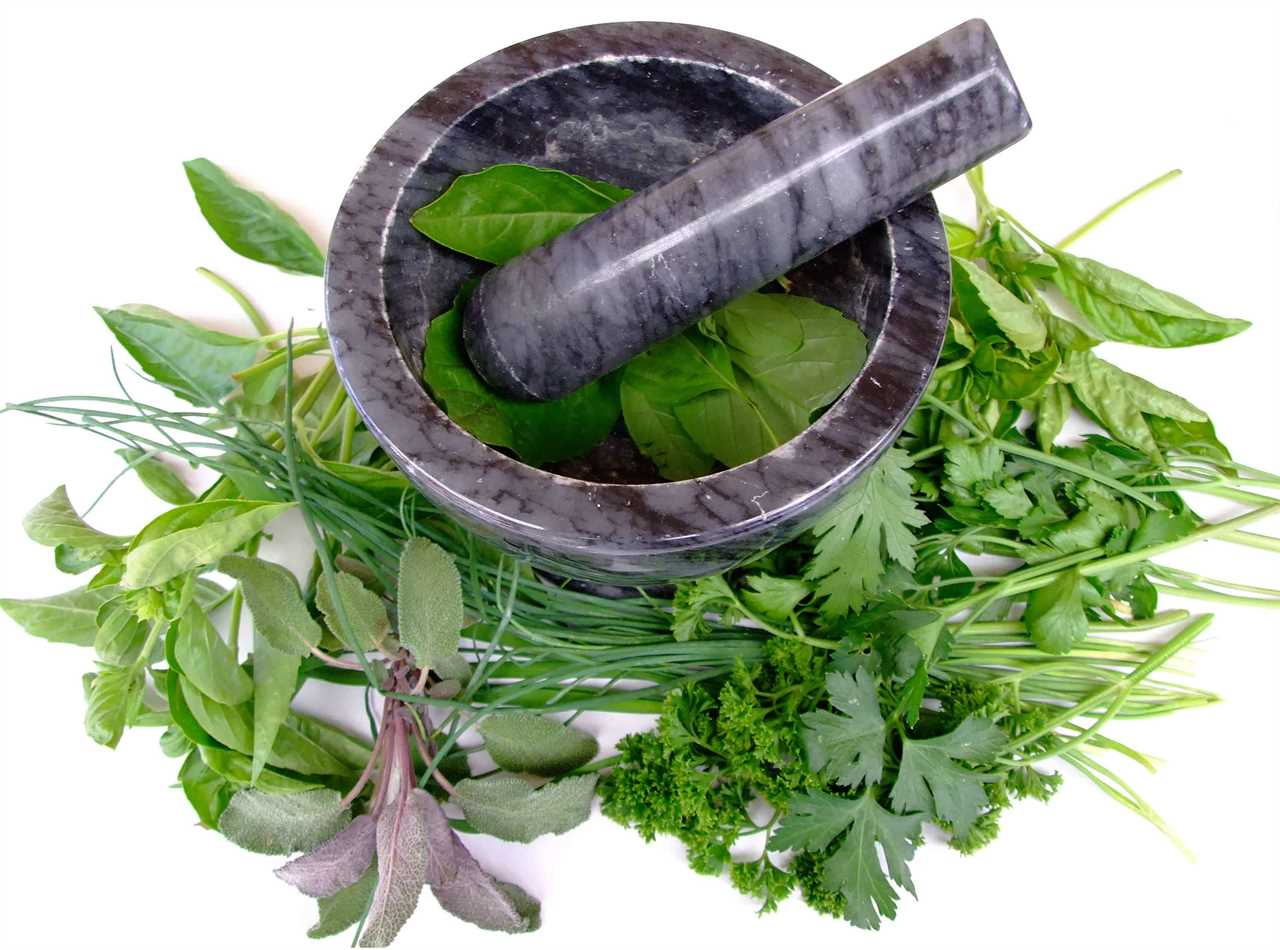 |
[TAG62]A tea assessment platform that rates teas based on objective quality markers and a sensory evaluation resulting in a list of the best teas produced each year. |
.png)





